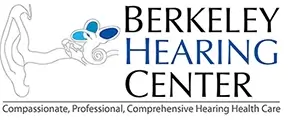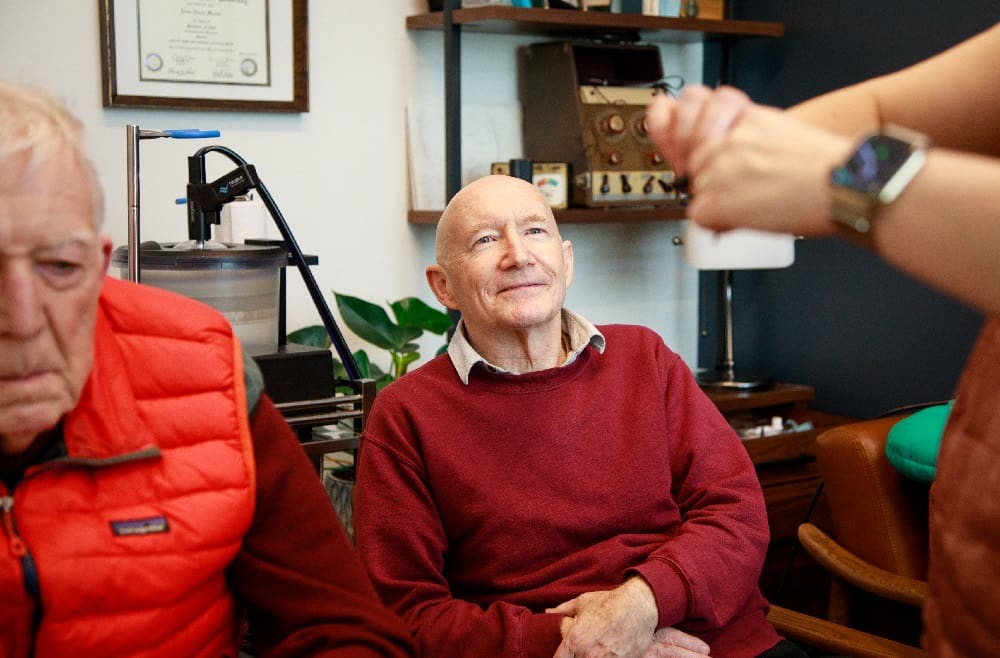2021-01-02
Jonathan Lipschutz Audiologist, M.S., F-AAA, Co-Owner
One of the most important aspects of my duties as a Dispensing Audiologist is to educate people about their hearing loss, its concomitant real-world issues/manifestations and the potential benefits AND limitations of available treatment options.
Expectations. It’s something that plays a considerable role in the relationship between provider & patient, as well as the real and perceived benefits of treatment. I know from my own experience going through a significant health crisis a few years ago that it played a significant role in my state of mind, trust in my providers, their treatment plan(s) and the healing process itself.
Dispensing Audiologists have to deal with a somewhat unique set of circumstances when it comes to setting up realistic expectations for their patients. Of course there’s the nature of the problem itself, nerve damage. In addition, diagnostic testing provides a fairly general or gross assessment of the problem and its manifestations.So proper and effective counseling about what to expect incorporates a great deal of knowledge, expertise and experience gleaned from working with previous patients. But that’s only part of the equation. Since a significant aspect of the treatment depends on the performance of sophisticated digital prosthetics (i.e. hearing aids and assistive technology), I have to counsel patients about the potential benefits/limitations of these devices as well as the ever evolving dynamic with other technology platforms.
Let me give you an example, which I’ll also use a little later to speak to another aspect of patient ‘expectations’. Over the Holiday break, I offered to see a patient that was having a technical issue with his hearing aids. He is a pretty new patient to our clinic, diagnosed with hearing loss in September of this past year and fit with hearing aids (which he “loves”) in early October. Fairly early on though, he experienced a technical issue with one of his hearing aids that we promptly addressed for him. One particular aspect of the technology, the capability of using an app on his phone to control the hearing aids, was something that he found very useful. From the outset, I counseled him that his current (Android) phone was found to not be compatible by the hearing aid manufacturer (they couldn’t guarantee a stable connection). But we were able to get it to work and he was off and running.
Fast forward to the recent break, and he reported one of his hearing aids was not being ‘found’ by his phone. He was (understandably) upset about having another technical issue, but was clear that he continues to have very high regard for our care, an important distinction I was happy he acknowledged. We contacted the manufacturer’s Technical Support group and they reiterated that the issue is likely related to his phone. Because I had previously counseled him about this very thing, relating other patients experiencing an identical issue, he was able to compartmentalize the problem based on realistic expectations. I swapped out his aids for another pair and was able to get his phone to ‘pair’ with them. But he said he’ll get a new phone if he continues to experience issues. I could give many other examples, but it highlights the importance of patient education for the most effective provider/patient relationship.
The other aspect of ‘expectations’ that I want to highlight from the example above is that of ‘caring’. The ‘Golden Rule’ has always been a principle that has animated/informed my professional care and one that informs all of our staff. My patient didn’t ask me to come in over the break, the hearing aids themselves were working properly (i.e. he was hearing well). But I could sense the frustration from his email. Because of the pandemic, this was a ‘stay-cation’ for me, so I offered to meet him at the office.
I ended up helping a couple of other patients with small (but critical) problems over my ‘break’, but I was happy to help and still able to take much needed time to decompress and recharge for the coming year.
A good healthcare provider certainly has to really know their craft. But great ones go beyond that. Caring to inform, educate and take that extra step(s), particularly during such difficult times as we’re all experiencing. As healthcare providers, we want our patients to expect the best, most heartfelt care. We expect it of ourselves. As a patient, I’d want nothing less.
Wishing all of you a healthy, happy and prosperous 2021! Please continue to look out for one another and support local businesses.
https://berkeleyhearing.com/wp-content/uploads/2024/07/Schedule-your-consultation-today-and-take-the-first-step-towards-better-hearing.jpg
Jonathan Lipschutz Audiologist, M.S., F-AAA, Co-Owner






